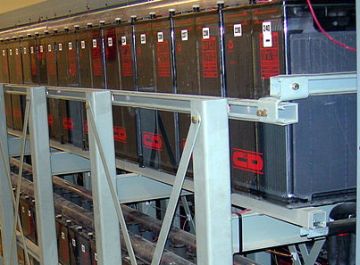 French-based Exclusive Group has poached Arrow executive David Ellis to head up the distributor’s global services.
French-based Exclusive Group has poached Arrow executive David Ellis to head up the distributor’s global services.
Exclusive says Ellis will use his experience in supporting new and disruptive technologies to roll out new services offerings for the cybersecurity marke, which probably means the outfit’s cloud services.
Barrie Desmond, COO of Exclusive Group, said that the company was seeing more global deals and our ability to support these will add even more value to our vendor and channel partners.
“Global services are a key part of our growth strategy over the next three to five years and Ellis will play a crucial role in achieving this. I’m pleased to welcome him on board and looking forward to working with him for what promises to be an exciting journey ahead.”
Ellis was a key manager for Arrow in EMEA, responsible for vendor business development and the roll-out of new propositions. Before that, he was director of New Technology and Services at Computerlinks before its acquisition by Arrow. In his 13 years with Computerlinks he built and grew an e-Security offering before assuming responsibility for services, emerging technology and market sectors.
He said that Exclusive has built an enviable reputation for disrupting traditional value-add distribution and I’m really excited to now be part of this.
“In my time within the industry I’ve identified and brought to market a number of new technologies and services, and have seen the cybersecurity market evolve at breakneck speed. I can’t wait to start helping our vendor and channel partners achieve even more value from their relationship with Exclusive Group through new global service offerings.”











